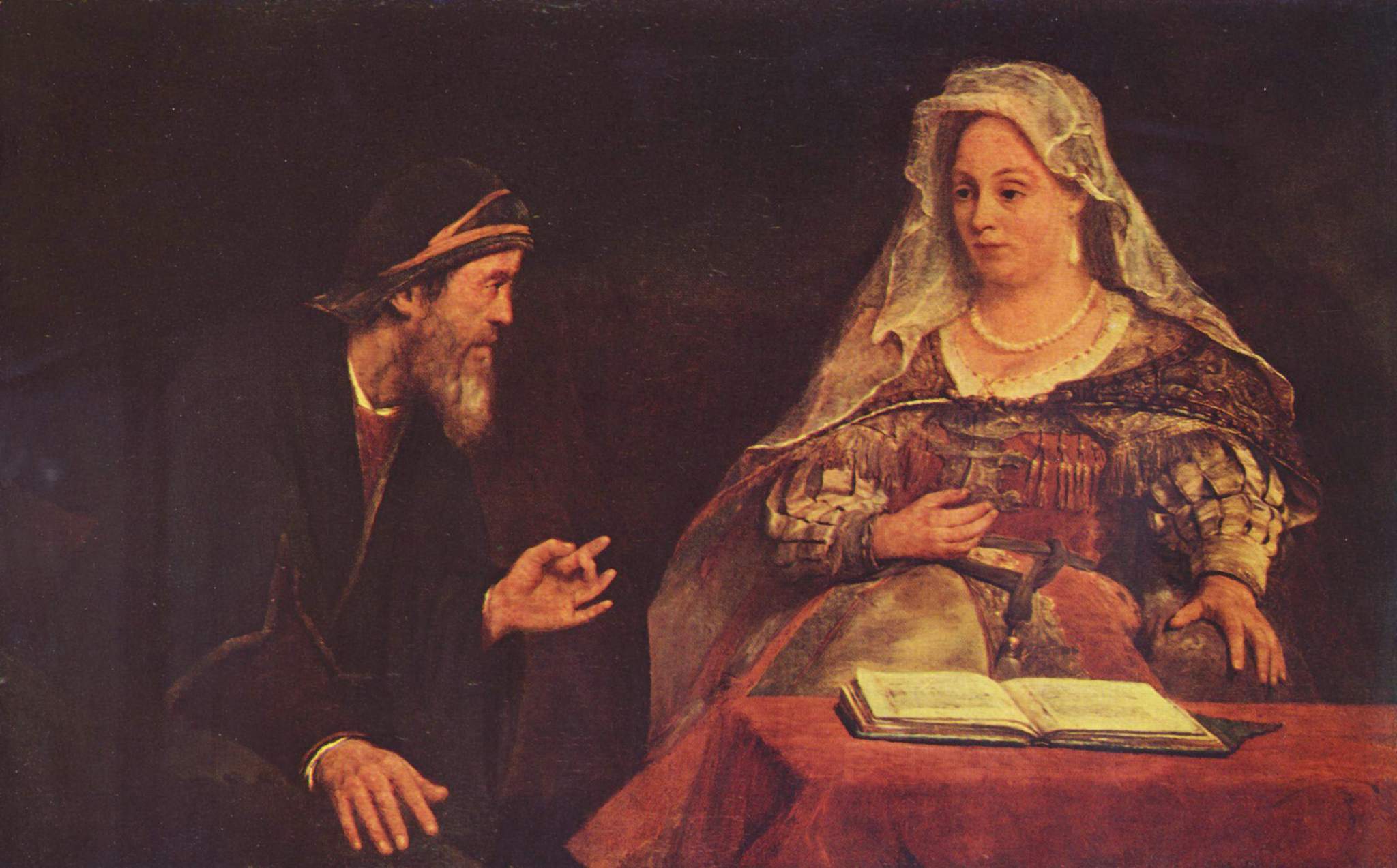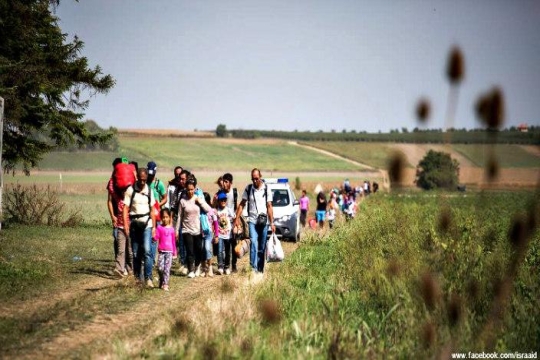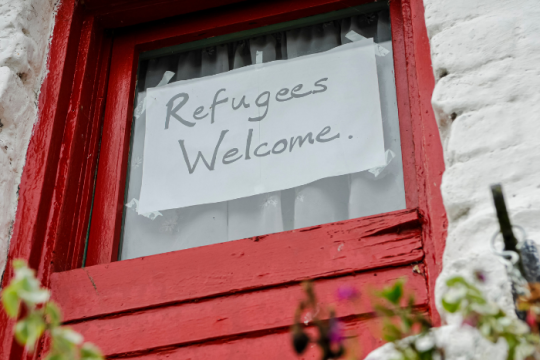
On Purim, we celebrate the story of Queen Esther and her cousin Mordechai, who saved the Jews of Persia from Haman’s plot to kill them. During this joyful holiday, we are thankful for the survival of the Jewish community in Persia, but we are also reminded of the injustice and oppression that still occurs throughout the world. The story of Mordechai and Esther reminds us that we are all tasked with standing up in the face of injustice and working to root out oppression.
Mordechai reminds Esther, “Do not imagine that you, of all the Jews, will escape with your life by being in the king’s palace. On the contrary, if you keep silent in this crisis, relief and deliverance will come to the Jews from another quarter, while you and your father’s house will perish. (Esther 4:13). This text reminds me of Rabbi Hillel’s famous question, “If I am not for myself, who will be for me? If I am only for myself, what am I? If not now, when?” We are reminded this Purim that, as we witness persecution and oppression throughout the world targeted at people of specific faiths, we as a Jewish community must speak out, because an attack on one religion is an attack on all religions. Therefore, while we celebrate Purim we must take a moment to reflect on religious communities such as those in Myanmar, Sudan, Syria and throughout the world who are facing persecution because of their faith.
This week marks the fifth anniversary of the civil war in Syria, which began in March 2011. This war has caused between 250,000 and 470,000 deaths and displaced over 11 million people within Syrian and in surrounding countries. Members of many religious groups including Alawites, Christians, Druze, Shi’a Muslim, Turkmen and primarily Sunni Muslims, have been subject to oppression and targeted as a result of their religion.
As I read about these crises throughout the world I am reminded of how thankful I am to be able to freely practice my Judaism. I love attending Purim services and joining in on the Purim festivities by dressing up, eating hamantaschen and waving the grogger as Haman’s name is read. Although I have many fond memories of listening to the megillah and celebrating Purim, I hadn’t reflected on the connection between Purim and the pursuit of justice in the realm of international religious freedom before my work at the RAC.
When Mordechai calls on Esther to take action he says, “Perhaps you have attained your royal position for just such a crisis” (Esther 4:13). As I read this I thought, perhaps we are celebrating this holiday not just to appreciate the survival of the Jews in Persia, but also to remind us that this type of oppression still exists and we must take action.
Learn more about how you can promote religious freedom and human rights this Purim, by visiting the Religious Action Center’s Purim Guide and Program Bank about Global Human Rights and Genocide. And, you can take action to ensure the United States continues to welcome refugees of all religious backgrounds.
Related Posts

World Refugee Day 2022

Welcoming the Stranger: How Reform Congregations are Taking Action for Refugees


